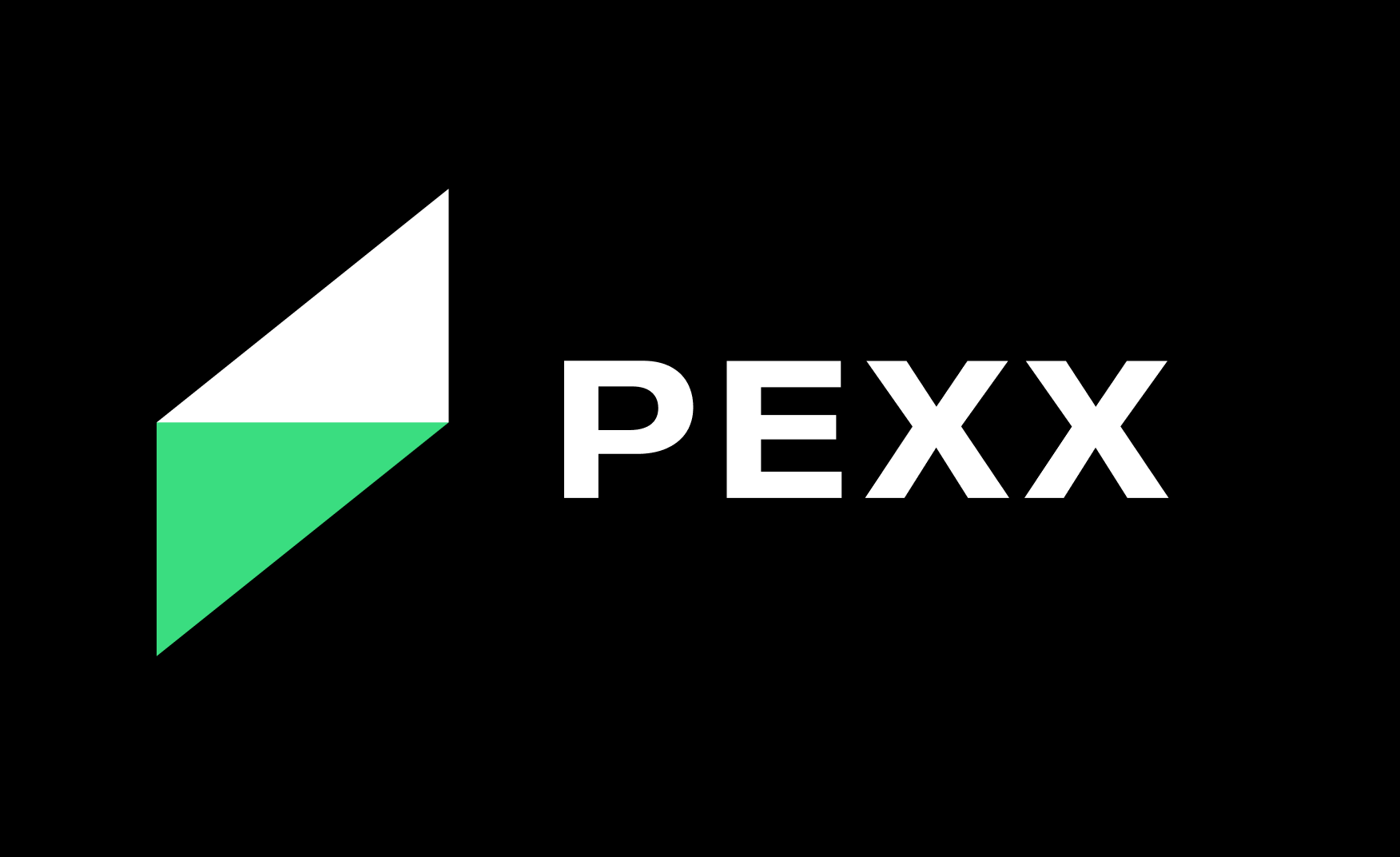Just days after suspending trading, deposits, and withdrawals on their site, Voyager has reportedly filed for Chapter 11 bankruptcy protection.
The platform, which allows users to trade and earn on various cryptocurrencies, was a victim of 3AC’s credit defaults. With nearly 60% of their loans tied to 3AC, their finances have seemingly been compromised.
With the contagion seemingly never-ending, what does this means for crypto participants everywhere?
Also Read: Singapore-based crypto exchange DeZy speaks About the current CeFi meltdown
What Happened?
In the fallout of Terra Luna and a wider market crash, Singapore-based company 3AC (3 Arrow Capital) filed for Chapter 15 bankruptcy in the US, allowing foreign debtors to shield their US assets.
However, the company had unsecured loans with many leading crypto companies, including Celsius and Voyager. Due to 3AC’s default, many of their loan books have been compromised.
Last week, Voyager issued a notice of default to 3AC to make repayments on a loan of 15,250 $BTC, and 350 million $USDC, totaling about $700 million.
What This Means for Users
Voyagers, today we began a voluntary financial restructuring process to protect assets on the platform, maximize value for all stakeholders, especially customers, and emerge as a stronger company. Voyager will continue operating throughout.https://t.co/TxlO4eua8E
— Stephen Ehrlich (@Ehrls15) July 6, 2022
Stephen Ehrlich, CEO at Voyager, announced a restructuring process, claiming it was required to take this “decisive action”.
While many users were confident in the platform due to Voyager advertising itself as FDIC insured, this appears to have been misleading. While they have a form of FDIC insurance, this amounts to $250,000 in total, and will not go to the customers.
Instead, those with crypto in Voyager will receive a combination of crypto, proceeds from the 3AC recovery, common shares from the newly reorganized company, as well as Voyager tokens ($VGX).
While going through this recovery process, Voyager maintains that they will continue operations. However, trading, deposits, withdrawals, and loyalty programs will be suspended temporarily.
SBF in the last 30 days:
— Blockworks (@Blockworks_) June 29, 2022
– Injected $250M into BlockFi
– Bought a 7.6% stake in Robinhood
– Loaned $500M to Voyager Digital
– Acquired crypto trading platform Bitvo
– Acquired Embed Financial Technologies
However, Voyager secured a $500M loan from FTX before the chapter 11 bankruptcy filing. While it is unclear whether they will be able to recover funds from 3AC, they may survive unless they have further liabilities.


Both Voyager’s stock ($VOYG on the Toronto Stock Exchange), as well as its native cryptocurrency, $VGX, has reflected this news.
With more than 98% falls since all-time-highs for both, consumer confidence is fading quickly for the company. There is also a likelihood that the stock will be delisted from the Toronto stock exchange.
Closing Thoughts
When it rains, it pours – and it has been pouring non-stop recently. One thing we have learned from recent events is that even the biggest names in crypto are not safe.
Voyager said this 19 days ago.
— unusual_whales (@unusual_whales) July 1, 2022
Today, they halted withdrawals and deposits due to "market conditions." https://t.co/VXvf2rBp7w
Celsius, 3AC, Terra, and now Voyager, may just be the ones that had their problems publicized. Behind the scenes, there could be more companies that are struggling to stay afloat. As the market continues to unravel, we may see even more giants collapse.
In the meantime, “not your keys, not your coins” continues to ring true. Any funds on centralized exchanges that you cannot afford to lose, should likely be held in a personal wallet, instead of CEXs.
Also Read: Can we trust centralized exchanges? Why I am moving all my funds out
[Editor’s Note: This article does not represent financial advice. Please do your own research before investing.]
Featured Image Credit: CryptoSlate



































